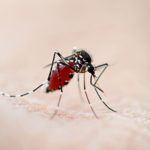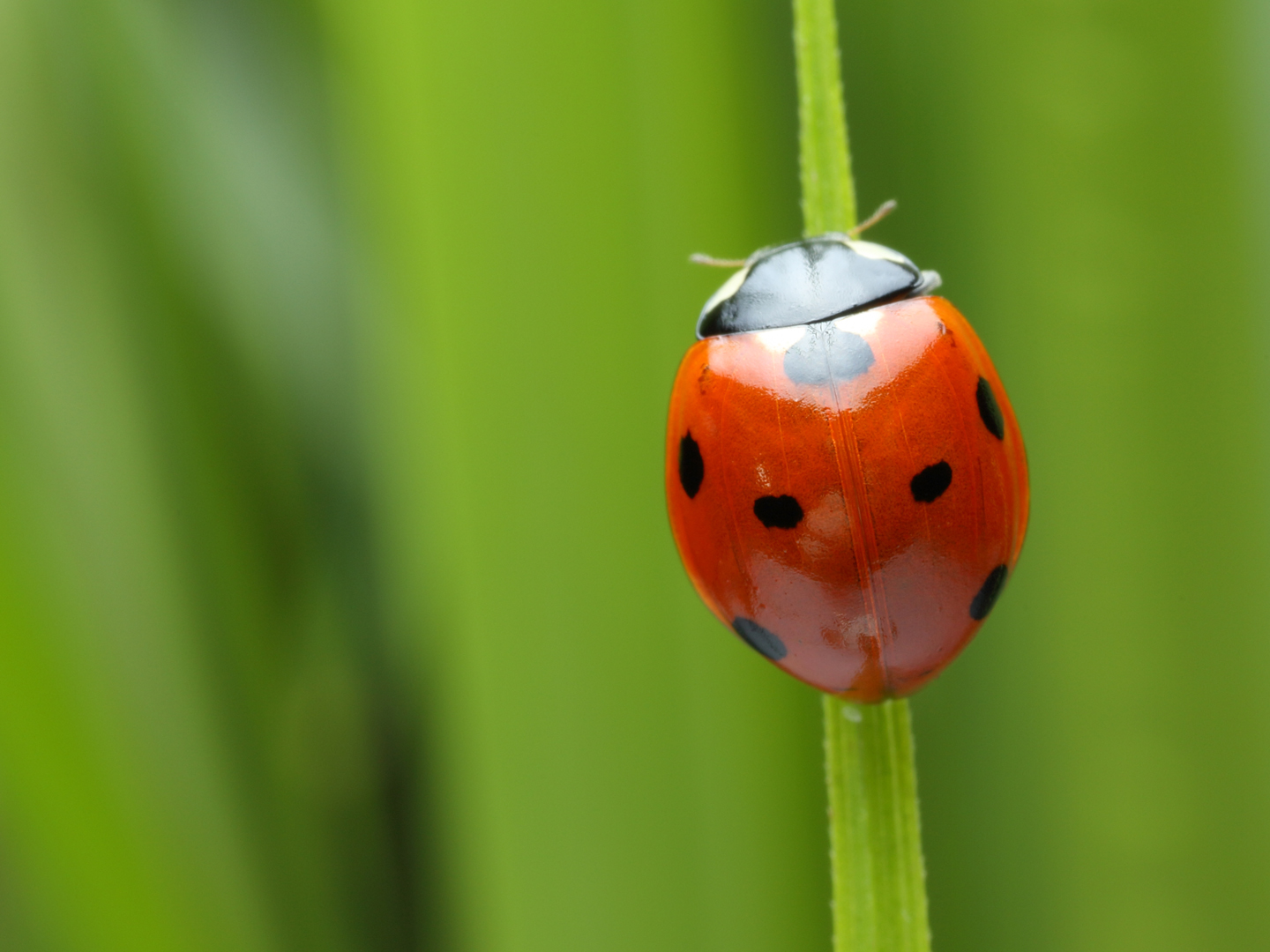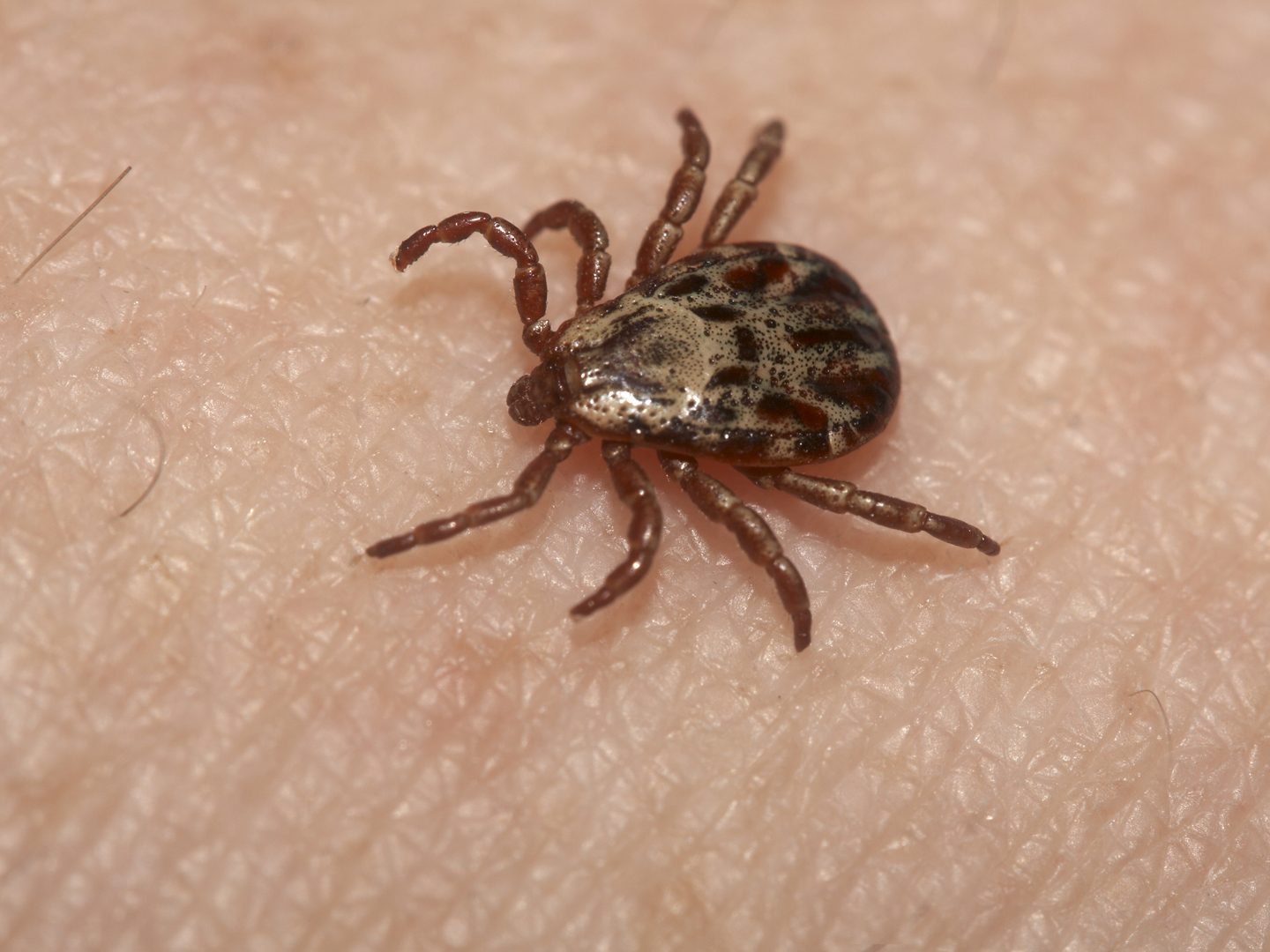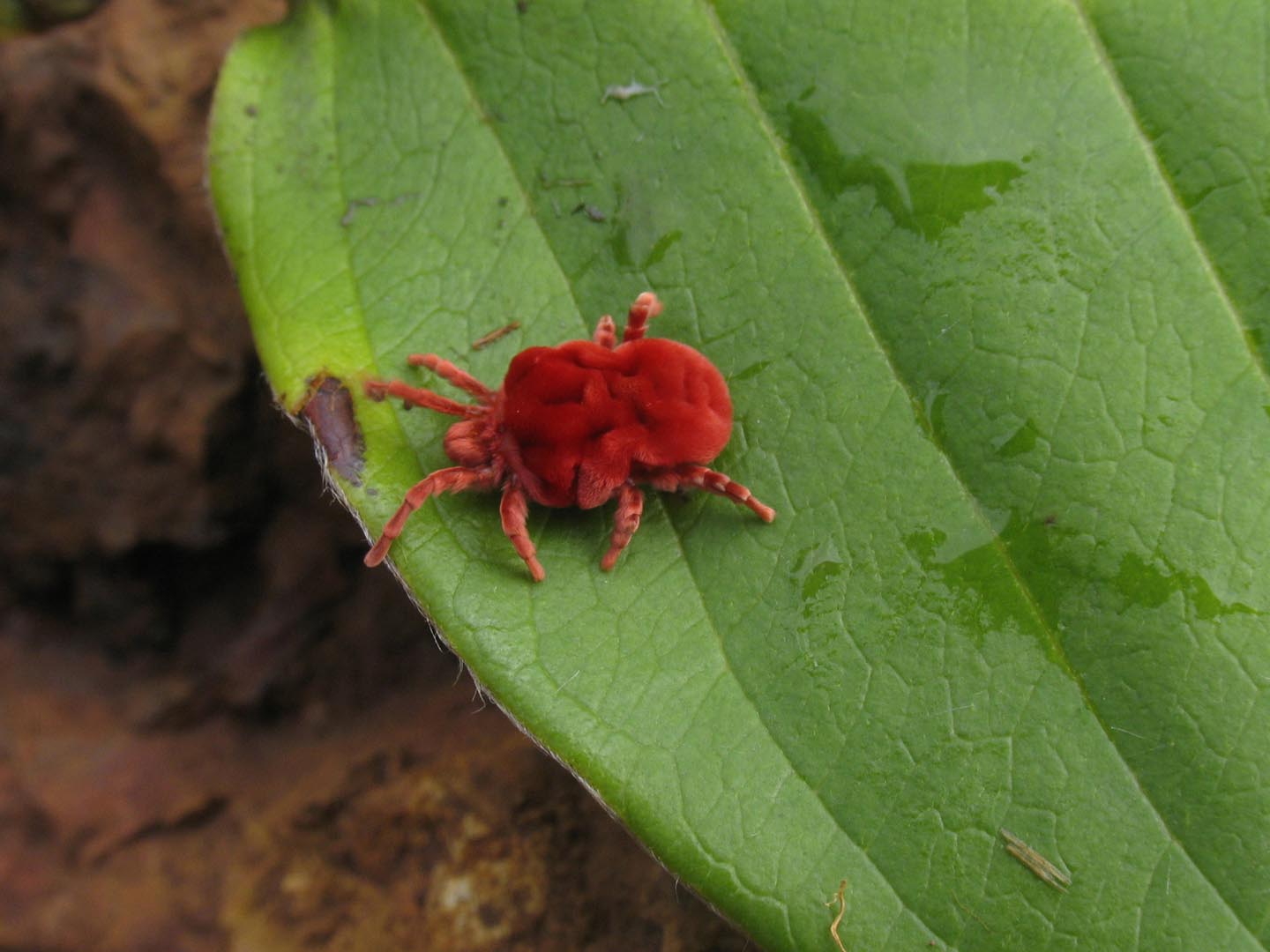Mosquito Bite Mystery?
If I get a mosquito bite, I itch like crazy, but a friend says she doesn’t itch even when she knows she’s been bitten. Can you explain this?
Andrew Weil, M.D. | October 3, 2017

Itchy mosquito bites are a nuisance, although like your friend, not everyone suffers from them. The itching is caused by the immune system’s reaction to components of saliva mosquitos inject when they bite – it registers the saliva as a foreign substance and releases histamine to fight it. Histamine release triggers the itching and is also responsible for the swelling – the welt – that develops at the site.
But as in your friend’s case, some people don’t even notice mosquito bites. And some, myself included, seem to outgrow their reaction to the bites. I used to be very attractive to mosquitoes and have strong reactions to their bites, but over time, both the attraction and reaction subsided – I don’t know which came first. My experience isn’t unusual. Over time, many adults become tolerant to bites from mosquitoes near their homes although they may react to bites occurring elsewhere.
We know that mosquitoes are most attracted to people who exhale the most carbon dioxide – the bugs are capable of locating a source of carbon dioxide from over 160 feet away. The larger you are, the more carbon dioxide you exhale. This probably explains why little kids don’t get bitten as often as adults and why pregnant women, and people who are overweight or obese tend to be mosquito magnets. Humans with higher body temperature are more attractive, and lactic acid, uric acid and ammonia in human sweat also draw the insects.
We know less about the body’s own compounds on skin that repel mosquitoes, other than the fact that they exist and may explain why some people don’t get bitten. Research from the London School of Hygiene and Tropical Medicine has revealed that people less attractive to mosquitoes seem to produce natural repellents, a trait that appears to be genetically controlled. Senior researcher James Logan, Ph.D., has suggested that understanding the genetics underlying these substances eventually may lead to a pill that could stimulate the body to generate more of them.
Some natural mosquito repellents have been identified and tested. British researchers have found that two compounds, 6-methyl-5-hepten-2-one and geranylacetone, when combined in a 1:1 mixture, show promise as a topical repellent, although the effect is short lasting. Other human repellent compounds tested affect mosquito flight activity as well as attraction to human odor.
In the meantime, my first choice for effective protection against mosquitos is to use natural products containing geraniol. Neem oil and eucalyptus oil are also worth trying. Otherwise, your best bet is to stay indoors at dusk when mosquitoes are feeding, making sure there are no holes in your screens.
Andrew Weil, M.D.
Source:
James Logan et al, “Heritability of Attractiveness to Mosquitoes.” PLOS ONE, April 22, 2015, doi:10.1371/journal.pone.0122716












